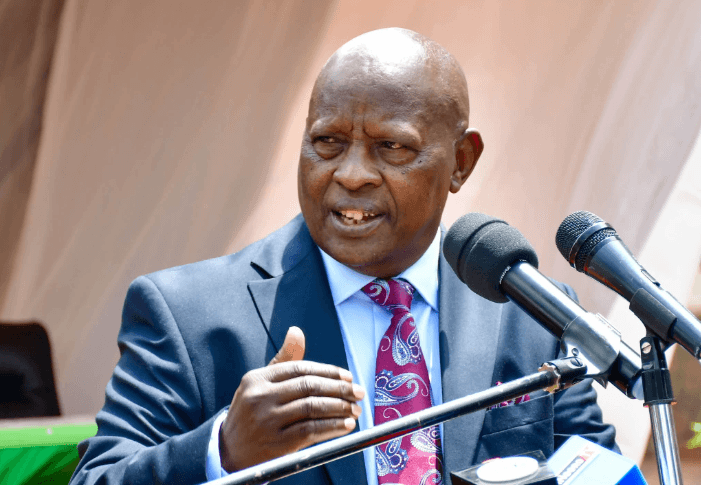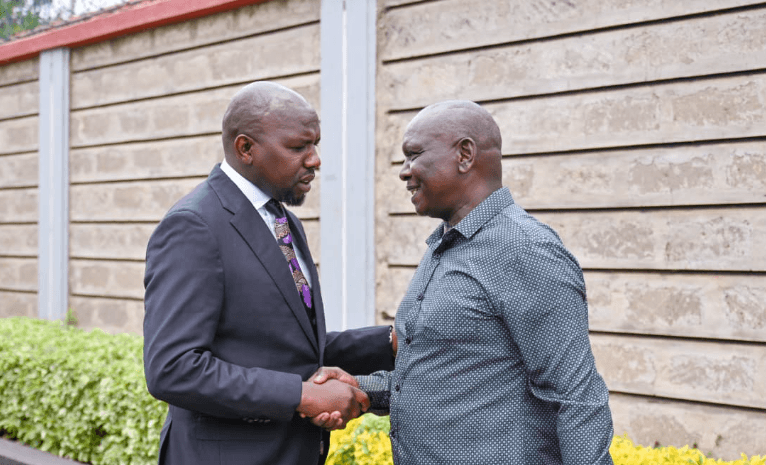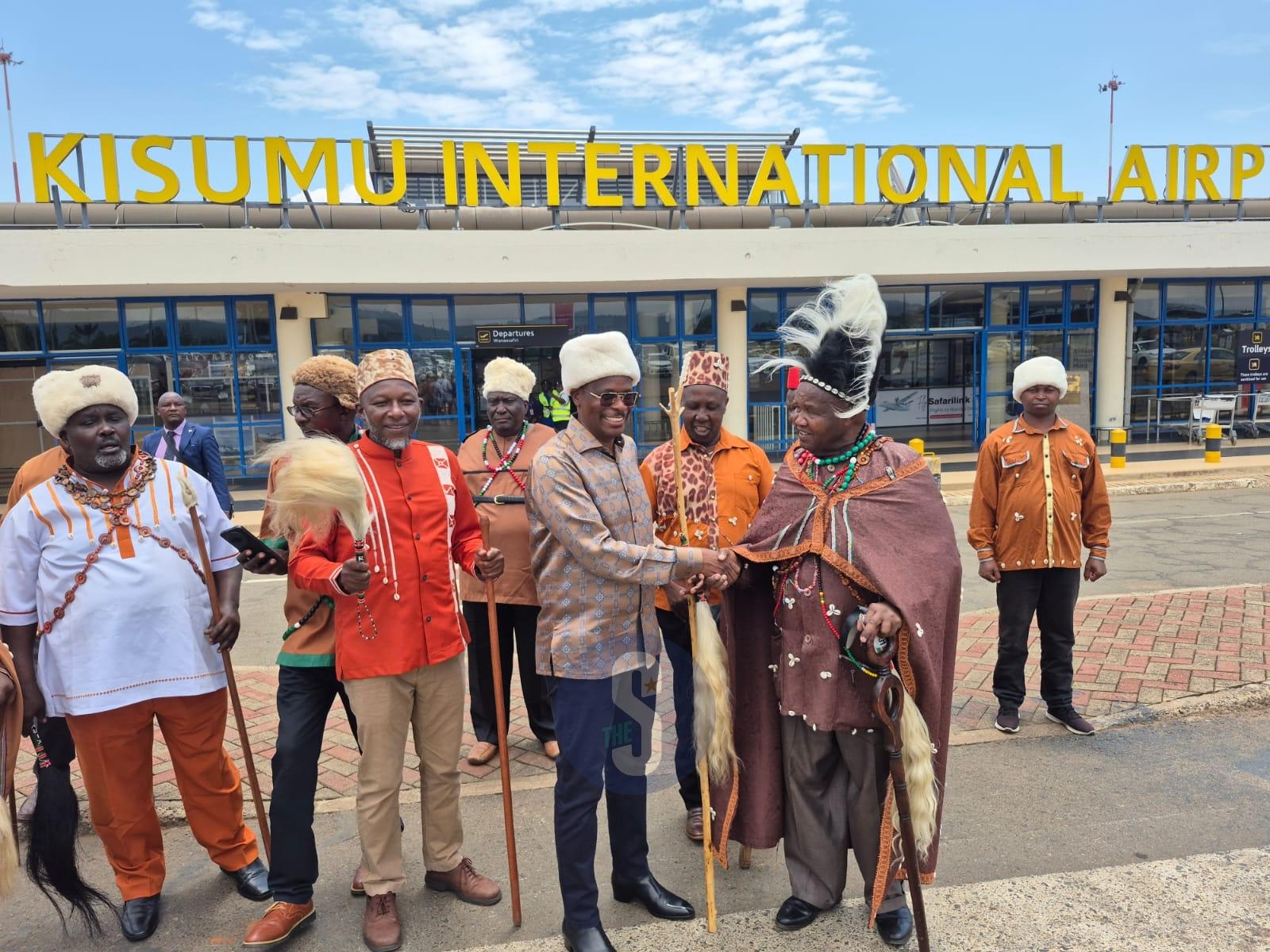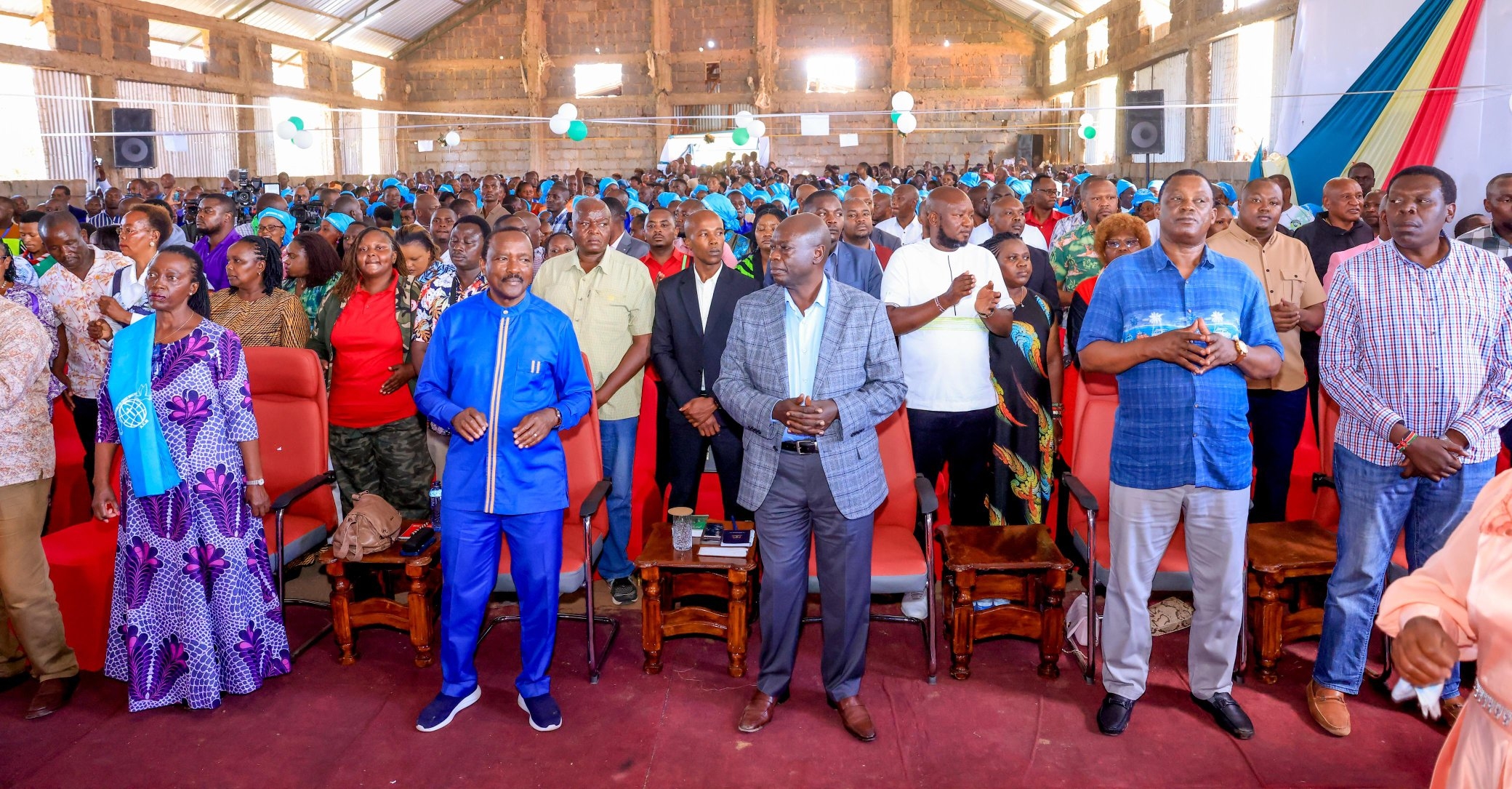Wildlife research permits will be issued in a day, down from a month, following digitisation of the process.
Applicants will get the document from the Wildlife Research and Training Institute through the e-citizen portal. The old paper-based process has been discontinued.
Wildlife and Tourism CS Rebecca Miano said the government was keen to increase funding for wildlife research.
Research is critical in wildlife conservation at a time the country’s national parks are under threat.
“We are working with partners to raise more funds for research as decisions on wildlife management and conservation cannot be made without research and data,” she said.
Addressing the press after visiting the Naivasha-based WRTI, Miano termed the introduction of the online wildlife permitting portal as a game-changer in conservation.
She said in the past it took days for researchers in different fields to get a research permit, a situation that adversely affected many programmes.
“Before, researchers had to travel to Naivasha to the Wildlife Research and Training Institute for a permit but this can be done through the government’s e-citizen portal,” she said.
Institute director Dr Patrick Omondi said the ongoing national wildlife census as a success, with the first phase coming to an end.
The census has already been conducted in Maasai Mara, Athi-Kapiti ecosystem and Amboseli to establish the current status of wildlife populations and their distribution.
Omondi said the country’s wildlife landscapes were currently facing multiple challenges, including poaching and increasing human and livestock populations.
“In the second phase, we shall be moving to Nakuru, Naivasha and other closed ecosystems like Solai, and data obtained will help in decision-making in wildlife conservation,” he said.
Tourism and Wildlife PS Silvia Museiya said the country’s wildlife populations and water sources were under threat from various quarters.
She said the ongoing national wildlife census would come in handy in addressing the challenges, which include increase in human population, climate change and emerging diseases.
“Recently, the government held the first ever scientific conference and the findings will be critical in shaping the issue of wildlife conservation in the country,” she said.
WRTI board chairman David Nkedianye said an ad hoc committee had been formed to transfer land from the Kenya Wildlife Service to WRTI.











